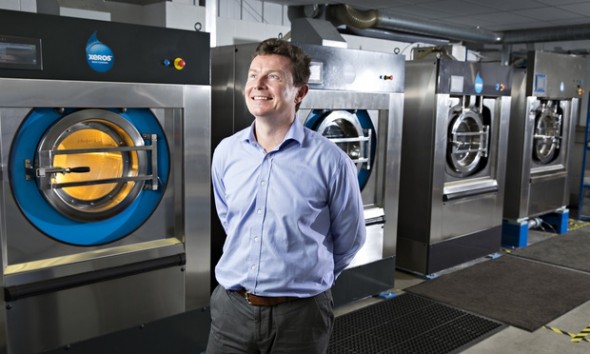 Washing machines aren’t the most eco-friendly way of getting a load of laundry cleaned, given the fact that most of these, particularly the older models, use and waste a substantial amount of water. Keeping water-conservation in mind, Sheffield-based Xeros has come up with an innovative solution to washing clothes in an eco-friendly way! The company has developed a washing system that uses thousands of tiny nylon beads to clean clothes, in turn cutting down water and electricity requirements tremendously.
Washing machines aren’t the most eco-friendly way of getting a load of laundry cleaned, given the fact that most of these, particularly the older models, use and waste a substantial amount of water. Keeping water-conservation in mind, Sheffield-based Xeros has come up with an innovative solution to washing clothes in an eco-friendly way! The company has developed a washing system that uses thousands of tiny nylon beads to clean clothes, in turn cutting down water and electricity requirements tremendously.
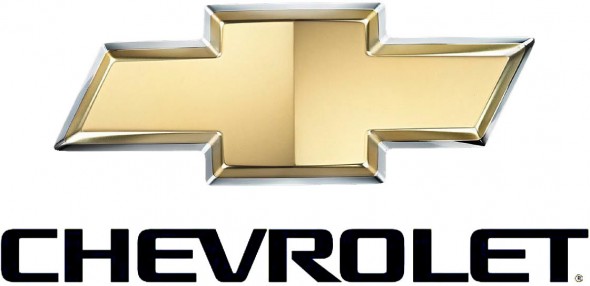 Haven’t we always dreamed of living in a utopia where sewage could literally be used to power our transport systems? Well, we might not have reached that dream completely, but the 2015 Bi-fuel Chevrolet Impala is a start. The car gobbles up leftovers and waste to power up and is the next greenest way to get around since the dawn of electric vehicles. To power up the car, the Quasar Energy Group based in Cleveland uses organic waste to produce a renewable energy called Compressed Natural Gas (CNG). This is then used as a fuel for the car.
Haven’t we always dreamed of living in a utopia where sewage could literally be used to power our transport systems? Well, we might not have reached that dream completely, but the 2015 Bi-fuel Chevrolet Impala is a start. The car gobbles up leftovers and waste to power up and is the next greenest way to get around since the dawn of electric vehicles. To power up the car, the Quasar Energy Group based in Cleveland uses organic waste to produce a renewable energy called Compressed Natural Gas (CNG). This is then used as a fuel for the car.
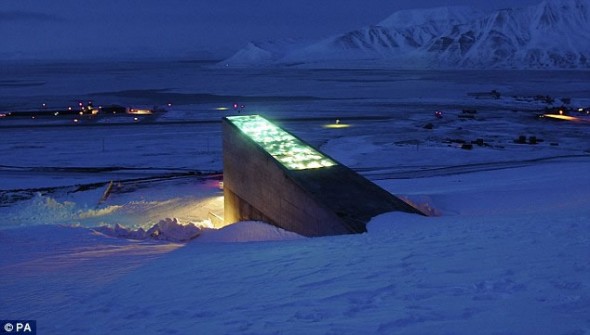 This may seem right out of a post-apocalypse sci-fi movie, but yes, humankind does have a seed-bank containing 825,000 samples of seeds, nestled in the Arctic. This seed-bank will help provide a backup to the network of seed banks around the world in case of war, natural disasters or alien invasions. Currently, about 10,000 new varieties of crops from around the world are being added to the seed-bank, which now represents 13,000 years of agricultural history!
This may seem right out of a post-apocalypse sci-fi movie, but yes, humankind does have a seed-bank containing 825,000 samples of seeds, nestled in the Arctic. This seed-bank will help provide a backup to the network of seed banks around the world in case of war, natural disasters or alien invasions. Currently, about 10,000 new varieties of crops from around the world are being added to the seed-bank, which now represents 13,000 years of agricultural history!
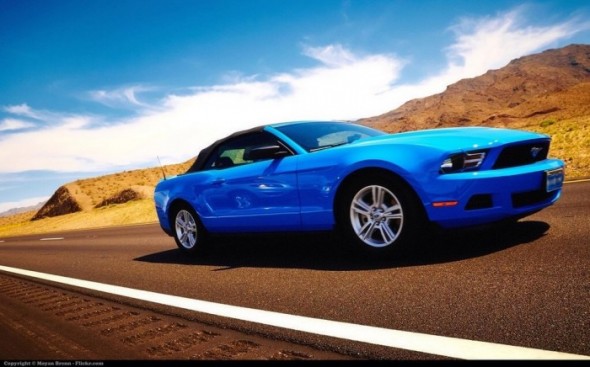 One of the biggest hurdles car rental companies face these days is bringing their cars back home. Rental cars aren’t always dropped off at places of a company’s choosing and these services then need to have their rides transferred home when used. Instead, the Transfercar service now enables car relocation services in a less-expensive and more practical way! The service offers free rental cars from one location to another, in turn helping rental car companies transfer vehicles!
One of the biggest hurdles car rental companies face these days is bringing their cars back home. Rental cars aren’t always dropped off at places of a company’s choosing and these services then need to have their rides transferred home when used. Instead, the Transfercar service now enables car relocation services in a less-expensive and more practical way! The service offers free rental cars from one location to another, in turn helping rental car companies transfer vehicles!
 Oil isn’t particularly considered to be a luxury in Qatar, owing to which, citizens aren’t really taken by surprise every time they need to pay a measly sum of about a dollar for a gallon of gas. This is also why, the people of Qatar don’t think twice before jumping behind the wheel of a car as often as possible. However, things could change for Qataris as authorities are looking for a greener mode of transport for the population. To begin with, the city of Doha will welcome home a swanky new Metro Network that will include 100 new train stations!
Oil isn’t particularly considered to be a luxury in Qatar, owing to which, citizens aren’t really taken by surprise every time they need to pay a measly sum of about a dollar for a gallon of gas. This is also why, the people of Qatar don’t think twice before jumping behind the wheel of a car as often as possible. However, things could change for Qataris as authorities are looking for a greener mode of transport for the population. To begin with, the city of Doha will welcome home a swanky new Metro Network that will include 100 new train stations!
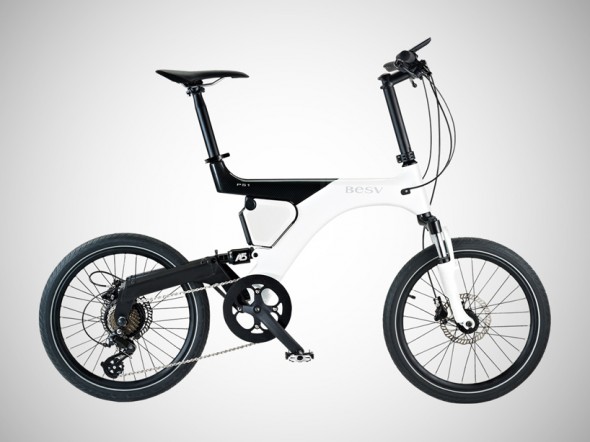 Driving a car to travel short distances in an urban environment isn’t the best idea, particularly if you’re looking to breathe in unpolluted air. One of the best replacements to chunky gas-guzzling cars is an electric bicycle, particularly because of the fact that it enables green transport while helping you stay fit. Recently, we spotted the BESV Panther PS1 pedal-assisted electric bicycle, a carbon fiber bike that is also the winner of the 2014 Good Design Award.
Driving a car to travel short distances in an urban environment isn’t the best idea, particularly if you’re looking to breathe in unpolluted air. One of the best replacements to chunky gas-guzzling cars is an electric bicycle, particularly because of the fact that it enables green transport while helping you stay fit. Recently, we spotted the BESV Panther PS1 pedal-assisted electric bicycle, a carbon fiber bike that is also the winner of the 2014 Good Design Award.
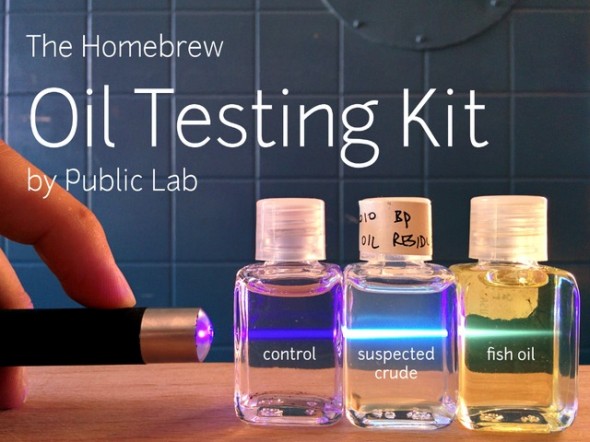 Let’s face it, pollution is rampant. No matter how hard we try to escape from the deathly grip of these man-made hazards, pollutants somehow manage to wind up in our day to day life! To help the wary stay away from hazardous pollutants, the Public Lab recently unveiled this DIY kit called the Homebrew Oil Testing Kit that enables users to keep away from oil pollution. The kit recognizes the types of oil pollution and is also capable of determining sources.
Let’s face it, pollution is rampant. No matter how hard we try to escape from the deathly grip of these man-made hazards, pollutants somehow manage to wind up in our day to day life! To help the wary stay away from hazardous pollutants, the Public Lab recently unveiled this DIY kit called the Homebrew Oil Testing Kit that enables users to keep away from oil pollution. The kit recognizes the types of oil pollution and is also capable of determining sources.
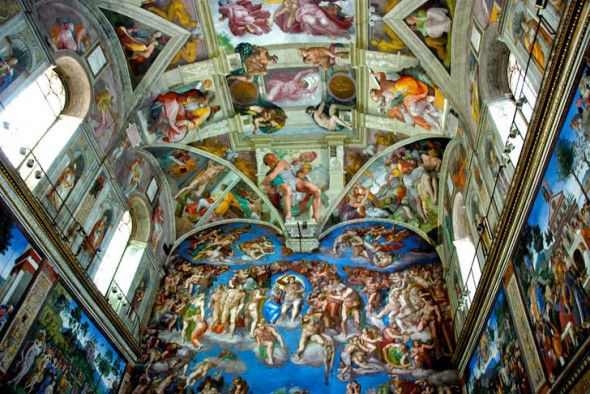 The Sistine Chapel plays home to one of Michelangelo’s finest, the celebrated fresco that adorns the ceiling of the structure. Over the years, direct sunlight had proven to be quite damaging to this beautiful piece of art, which is why the windows were blocked. To illuminate the chapel, officials used halogen light bulbs instead, these in turn proved to be electricity hogs. Recently, Vatican officials and art conservators have come up with an energy-efficient way to preserve the fresco.
The Sistine Chapel plays home to one of Michelangelo’s finest, the celebrated fresco that adorns the ceiling of the structure. Over the years, direct sunlight had proven to be quite damaging to this beautiful piece of art, which is why the windows were blocked. To illuminate the chapel, officials used halogen light bulbs instead, these in turn proved to be electricity hogs. Recently, Vatican officials and art conservators have come up with an energy-efficient way to preserve the fresco.
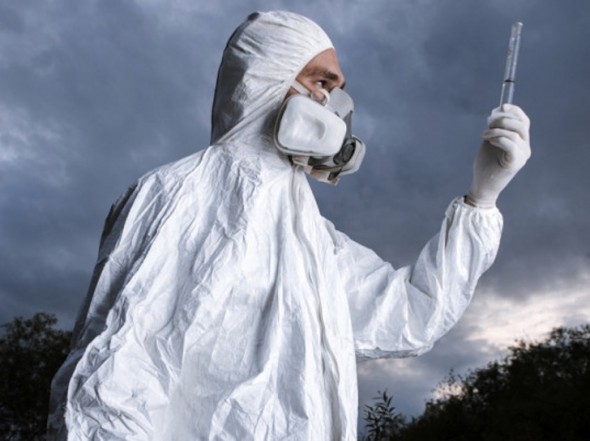 The Ebola outbreak isn’t something the world can ignore anymore. Given the fact that more and more people are being affected by this, particularly health workers who’ve been helping patients, there is an urgent need to cut short the spread of the virus. With the help of the USAID, the CDC, and the U.S. Department of Defense, the White House is now offering a $1 million award to anyone who can design an Ebola-proof HAZMAT suit that’ll keep its wearer safe.
The Ebola outbreak isn’t something the world can ignore anymore. Given the fact that more and more people are being affected by this, particularly health workers who’ve been helping patients, there is an urgent need to cut short the spread of the virus. With the help of the USAID, the CDC, and the U.S. Department of Defense, the White House is now offering a $1 million award to anyone who can design an Ebola-proof HAZMAT suit that’ll keep its wearer safe.
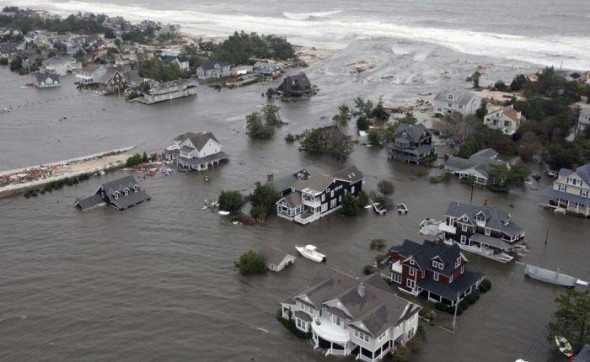 Floods are a damaging thing to lives and to property. However, the bad reputation that dams have with stream and fish health has had many areas re-thinking their flood control strategies. Preventing water damage in flood-prone areas is possible in a number of eco-friendly ways. This can be done both in a natural way with plants and landscaping choices, as well as, with different building choices in more urban or residential areas. Much of the trick of this is water control.
Floods are a damaging thing to lives and to property. However, the bad reputation that dams have with stream and fish health has had many areas re-thinking their flood control strategies. Preventing water damage in flood-prone areas is possible in a number of eco-friendly ways. This can be done both in a natural way with plants and landscaping choices, as well as, with different building choices in more urban or residential areas. Much of the trick of this is water control.
 Washing machines aren’t the most eco-friendly way of getting a load of laundry cleaned, given the fact that most of these, particularly the older models, use and waste a substantial amount of water. Keeping water-conservation in mind, Sheffield-based Xeros has come up with an innovative solution to washing clothes in an eco-friendly way! The company has developed a washing system that uses thousands of tiny nylon beads to clean clothes, in turn cutting down water and electricity requirements tremendously.
Washing machines aren’t the most eco-friendly way of getting a load of laundry cleaned, given the fact that most of these, particularly the older models, use and waste a substantial amount of water. Keeping water-conservation in mind, Sheffield-based Xeros has come up with an innovative solution to washing clothes in an eco-friendly way! The company has developed a washing system that uses thousands of tiny nylon beads to clean clothes, in turn cutting down water and electricity requirements tremendously.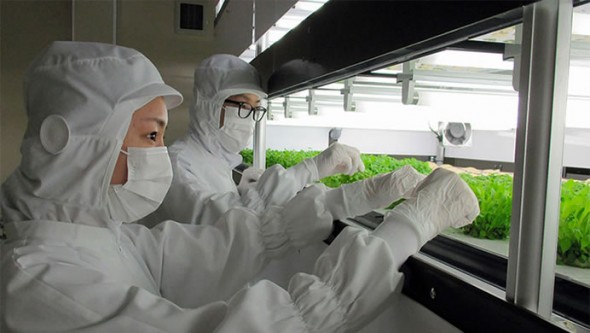
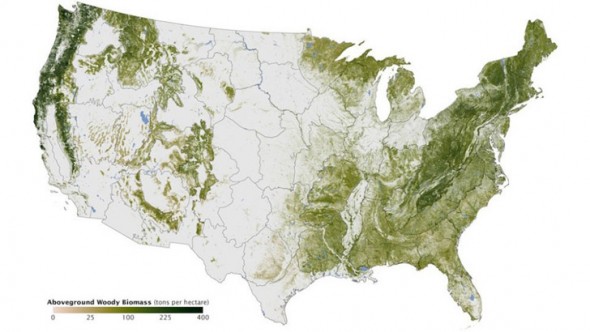
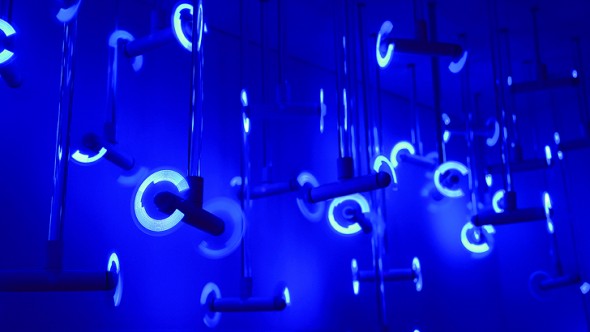
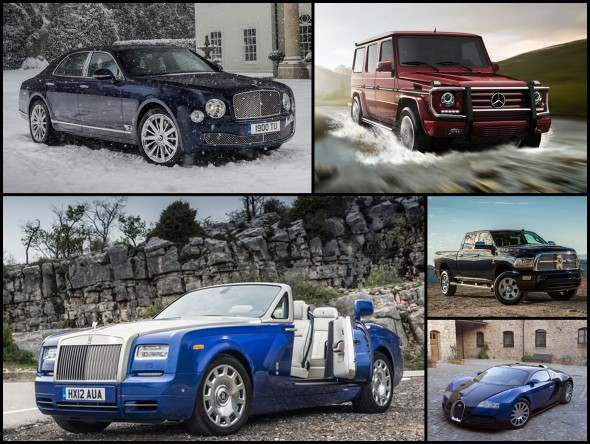
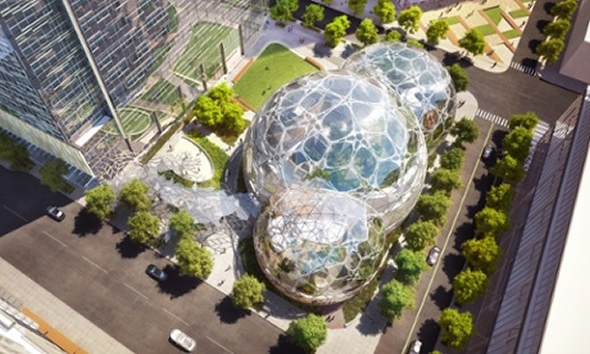
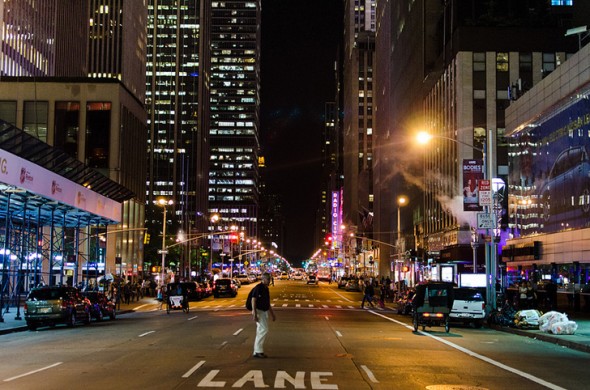

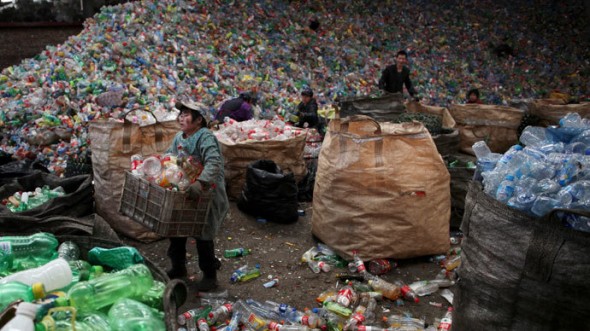
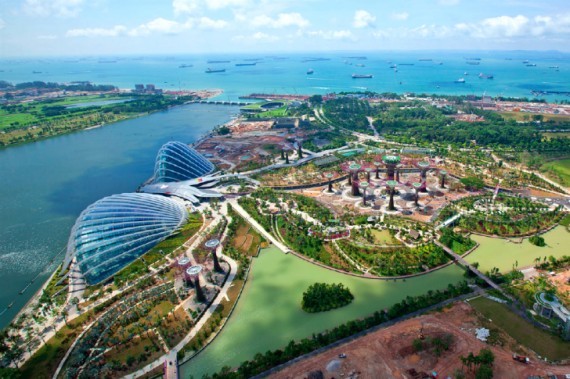
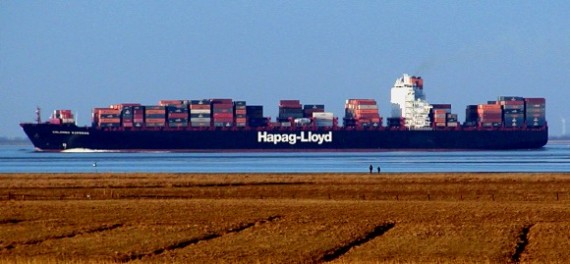

 Haven’t we always dreamed of living in a utopia where sewage could literally be used to power our transport systems? Well, we might not have reached that dream completely, but the 2015 Bi-fuel Chevrolet Impala is a start. The car gobbles up leftovers and waste to power up and is the next greenest way to get around since the dawn of electric vehicles. To power up the car, the Quasar Energy Group based in Cleveland uses organic waste to produce a renewable energy called Compressed Natural Gas (CNG). This is then used as a fuel for the car.
Haven’t we always dreamed of living in a utopia where sewage could literally be used to power our transport systems? Well, we might not have reached that dream completely, but the 2015 Bi-fuel Chevrolet Impala is a start. The car gobbles up leftovers and waste to power up and is the next greenest way to get around since the dawn of electric vehicles. To power up the car, the Quasar Energy Group based in Cleveland uses organic waste to produce a renewable energy called Compressed Natural Gas (CNG). This is then used as a fuel for the car. This may seem right out of a post-apocalypse sci-fi movie, but yes, humankind does have a seed-bank containing 825,000 samples of seeds, nestled in the Arctic. This seed-bank will help provide a backup to the network of seed banks around the world in case of war, natural disasters or alien invasions. Currently, about 10,000 new varieties of crops from around the world are being added to the seed-bank, which now represents 13,000 years of agricultural history!
This may seem right out of a post-apocalypse sci-fi movie, but yes, humankind does have a seed-bank containing 825,000 samples of seeds, nestled in the Arctic. This seed-bank will help provide a backup to the network of seed banks around the world in case of war, natural disasters or alien invasions. Currently, about 10,000 new varieties of crops from around the world are being added to the seed-bank, which now represents 13,000 years of agricultural history! One of the biggest hurdles car rental companies face these days is bringing their cars back home. Rental cars aren’t always dropped off at places of a company’s choosing and these services then need to have their rides transferred home when used. Instead, the Transfercar service now enables car relocation services in a less-expensive and more practical way! The service offers free rental cars from one location to another, in turn helping rental car companies transfer vehicles!
One of the biggest hurdles car rental companies face these days is bringing their cars back home. Rental cars aren’t always dropped off at places of a company’s choosing and these services then need to have their rides transferred home when used. Instead, the Transfercar service now enables car relocation services in a less-expensive and more practical way! The service offers free rental cars from one location to another, in turn helping rental car companies transfer vehicles!  Oil isn’t particularly considered to be a luxury in Qatar, owing to which, citizens aren’t really taken by surprise every time they need to pay a measly sum of about a dollar for a gallon of gas. This is also why, the people of Qatar don’t think twice before jumping behind the wheel of a car as often as possible. However, things could change for Qataris as authorities are looking for a greener mode of transport for the population. To begin with, the city of Doha will welcome home a swanky new Metro Network that will include 100 new train stations!
Oil isn’t particularly considered to be a luxury in Qatar, owing to which, citizens aren’t really taken by surprise every time they need to pay a measly sum of about a dollar for a gallon of gas. This is also why, the people of Qatar don’t think twice before jumping behind the wheel of a car as often as possible. However, things could change for Qataris as authorities are looking for a greener mode of transport for the population. To begin with, the city of Doha will welcome home a swanky new Metro Network that will include 100 new train stations! Driving a car to travel short distances in an urban environment isn’t the best idea, particularly if you’re looking to breathe in unpolluted air. One of the best replacements to chunky gas-guzzling cars is an electric bicycle, particularly because of the fact that it enables green transport while helping you stay fit. Recently, we spotted the BESV Panther PS1 pedal-assisted electric bicycle, a carbon fiber bike that is also the winner of the 2014 Good Design Award.
Driving a car to travel short distances in an urban environment isn’t the best idea, particularly if you’re looking to breathe in unpolluted air. One of the best replacements to chunky gas-guzzling cars is an electric bicycle, particularly because of the fact that it enables green transport while helping you stay fit. Recently, we spotted the BESV Panther PS1 pedal-assisted electric bicycle, a carbon fiber bike that is also the winner of the 2014 Good Design Award.  Let’s face it, pollution is rampant. No matter how hard we try to escape from the deathly grip of these man-made hazards, pollutants somehow manage to wind up in our day to day life! To help the wary stay away from hazardous pollutants, the Public Lab recently unveiled this DIY kit called the Homebrew Oil Testing Kit that enables users to keep away from oil pollution. The kit recognizes the types of oil pollution and is also capable of determining sources.
Let’s face it, pollution is rampant. No matter how hard we try to escape from the deathly grip of these man-made hazards, pollutants somehow manage to wind up in our day to day life! To help the wary stay away from hazardous pollutants, the Public Lab recently unveiled this DIY kit called the Homebrew Oil Testing Kit that enables users to keep away from oil pollution. The kit recognizes the types of oil pollution and is also capable of determining sources. The Sistine Chapel plays home to one of Michelangelo’s finest, the celebrated fresco that adorns the ceiling of the structure. Over the years, direct sunlight had proven to be quite damaging to this beautiful piece of art, which is why the windows were blocked. To illuminate the chapel, officials used halogen light bulbs instead, these in turn proved to be electricity hogs. Recently, Vatican officials and art conservators have come up with an energy-efficient way to preserve the fresco.
The Sistine Chapel plays home to one of Michelangelo’s finest, the celebrated fresco that adorns the ceiling of the structure. Over the years, direct sunlight had proven to be quite damaging to this beautiful piece of art, which is why the windows were blocked. To illuminate the chapel, officials used halogen light bulbs instead, these in turn proved to be electricity hogs. Recently, Vatican officials and art conservators have come up with an energy-efficient way to preserve the fresco.  The Ebola outbreak isn’t something the world can ignore anymore. Given the fact that more and more people are being affected by this, particularly health workers who’ve been helping patients, there is an urgent need to cut short the spread of the virus. With the help of the USAID, the CDC, and the U.S. Department of Defense, the White House is now offering a $1 million award to anyone who can design an Ebola-proof HAZMAT suit that’ll keep its wearer safe.
The Ebola outbreak isn’t something the world can ignore anymore. Given the fact that more and more people are being affected by this, particularly health workers who’ve been helping patients, there is an urgent need to cut short the spread of the virus. With the help of the USAID, the CDC, and the U.S. Department of Defense, the White House is now offering a $1 million award to anyone who can design an Ebola-proof HAZMAT suit that’ll keep its wearer safe.  Floods are a damaging thing to lives and to property. However, the bad reputation that dams have with stream and fish health has had many areas re-thinking their flood control strategies. Preventing water damage in flood-prone areas is possible in a number of eco-friendly ways. This can be done both in a natural way with plants and landscaping choices, as well as, with different building choices in more urban or residential areas. Much of the trick of this is water control.
Floods are a damaging thing to lives and to property. However, the bad reputation that dams have with stream and fish health has had many areas re-thinking their flood control strategies. Preventing water damage in flood-prone areas is possible in a number of eco-friendly ways. This can be done both in a natural way with plants and landscaping choices, as well as, with different building choices in more urban or residential areas. Much of the trick of this is water control.